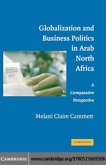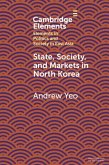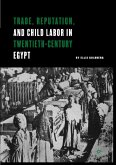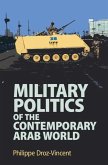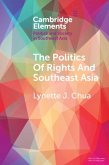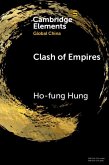The Arab Uprisings of 2010 and 2011 had a profound effect on labor politics in the region, with trade unions mobilizing to an extent never before seen. How did these formerly quiescent trade unions become militant? What linkages did they make to other social forces during and after the revolutions? And why did Tunisian unions emerge cohesive and influential while Egyptian unions were fractured and lacked influence? Following extensive interviews, Ian M. Hartshorn answers these questions and assesses how unions forged alliances, claimed independence, and cooperated with international groups. Looking at institutions both domestically and internationally, he traces the corporatist collapse and the role of global labor in offering training and new possibilities for disgruntled workers. With special attention to the relationship with rising Islamist powers, he also examines the ways in which political parties tried to use labor, and vice versa, and provides a detailed study of the role of labor in ousting the first Islamist governments.
Dieser Download kann aus rechtlichen Gründen nur mit Rechnungsadresse in A, B, BG, CY, CZ, D, DK, EW, E, FIN, F, GR, HR, H, IRL, I, LT, L, LR, M, NL, PL, P, R, S, SLO, SK ausgeliefert werden.



